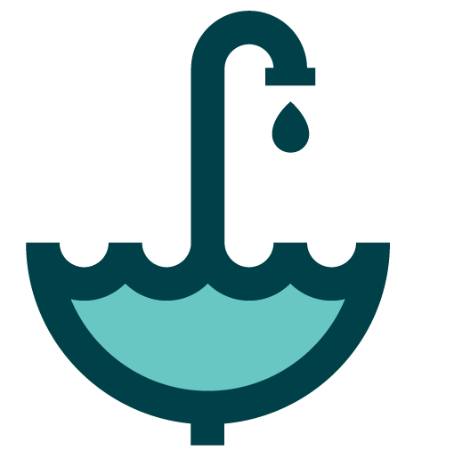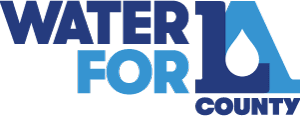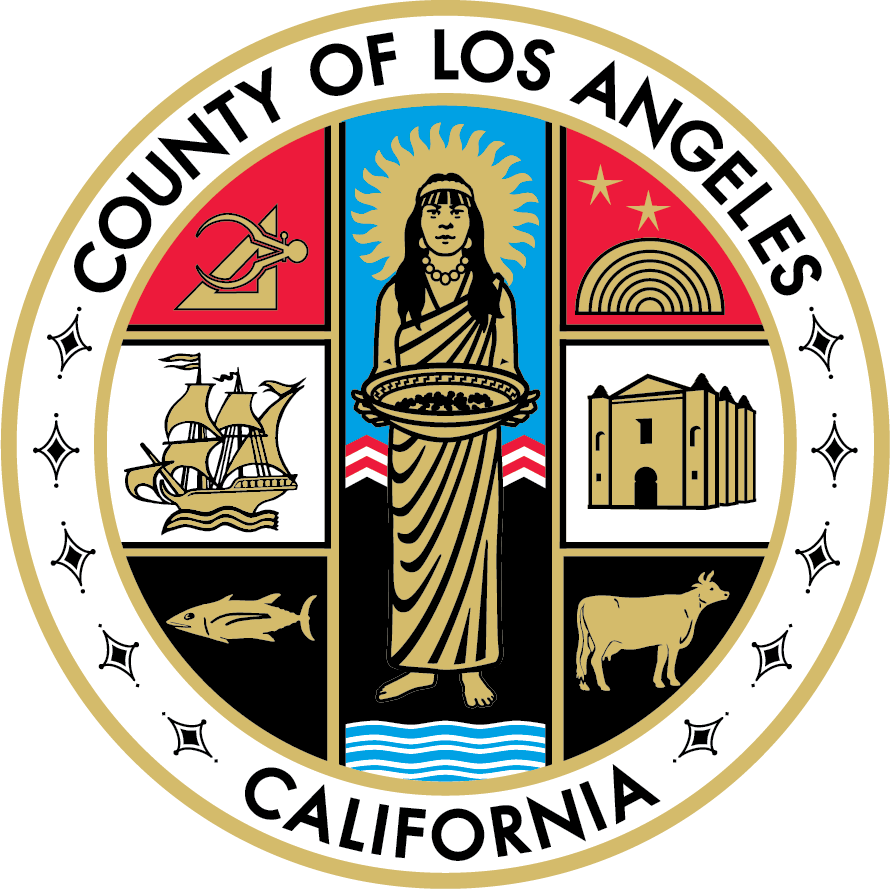RESOURCES
Programs

LA County Water Plan
The County Water Plan envisions a resilient and reliable water supply for Los Angeles County. As water management agencies in the region strive to solve regional water supply challenges, the County Water Plan will set the stage for interagency partnership and collaboration to best leverage regional resources.
The vision of the County Water Plan can only be achieved through genuine teamwork among water management agencies, local stakeholders, and the public. The County Water Plan is a living document developed collaboratively among Los Angeles County Public Works, water agencies, tribes, and a wide range of municipal and nonprofit stakeholders. With over 200 water supply agencies and numerous other wastewater treatment, flood control, and land management agencies within the county, the plan builds upon and complements many existing local and regional water planning efforts.
On December 5, 2023, the Los Angeles County Board of Supervisors adopted the County Water Plan. Public Works will facilitate the implementation of the CWP in partnership with water stakeholders in the region.
LA County’s Safe Clean Water Program
The Safe Clean Water Program provides local, dedicated funding to increase our local water supply, improve water quality, and protect public health. Developed in collaboration with public health, environmental groups, cities, business, labor, and community-based organizations, the Safe Clean Water Program will:

- Implement a new plan for L.A.’s water system to capture the billions of gallons of water we lose each year.
- Help protect our coastal waters and beaches from the trash and contaminants in stormwater that make people sick and threaten marine life.
- Modernize our 100 year-old water system infrastructure, using a combination of nature, science, and new technology.
- Help protect public health, ensuring safer, greener, healthier, and more livable spaces for all.
- Prepare our region for the effects of a changing climate — including recurring cycles of drought, wildfire, and flooding.
- Require strict community oversight and independent auditing which would ensure local monies raised would stay local.
The Safe Clean Water Program will generate approximately $300 million per year from a special parcel tax of 2.5 cents per square foot of impermeable surface area — paved/built areas where rainfall cannot be absorbed into the ground and instead runs off as stormwater — on private property in the L.A. County Flood Control District (about $83 per year for the median home). Publicly owned parcels, including schools, are exempt under state law. Credits for property owners who have installed stormwater-capture improvements are available. Qualifying low-income seniors and non-profit organizations are eligible for exemption.


